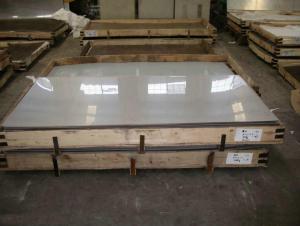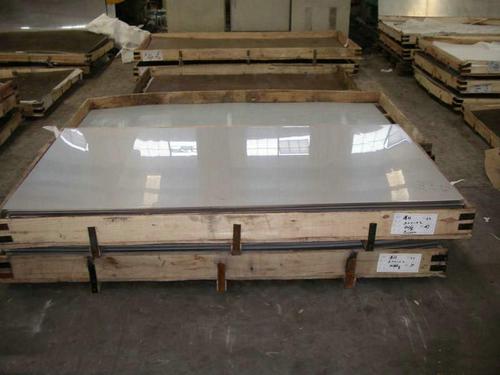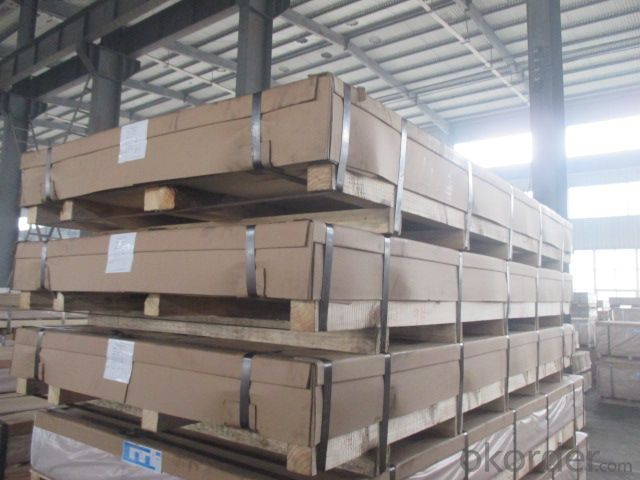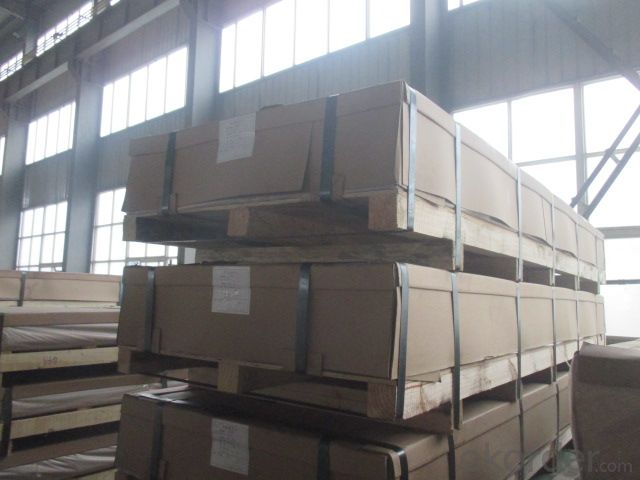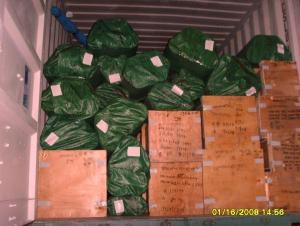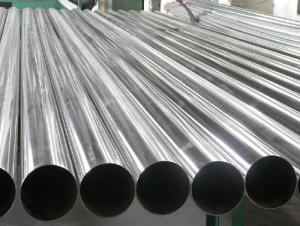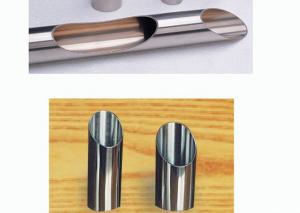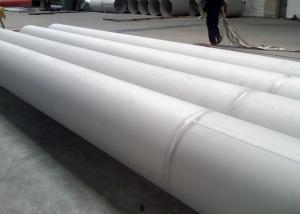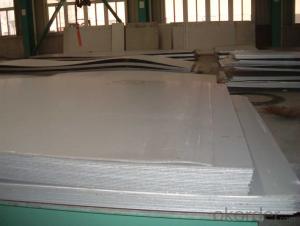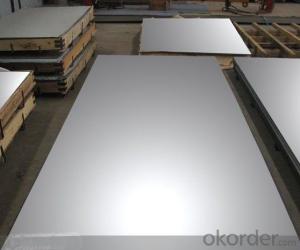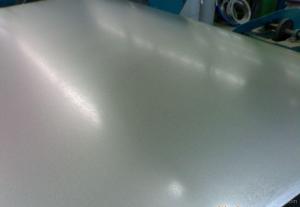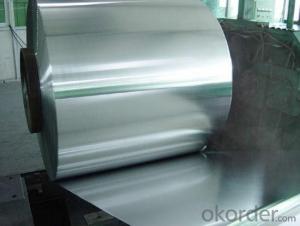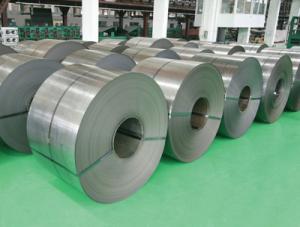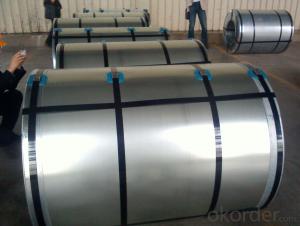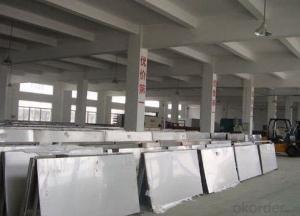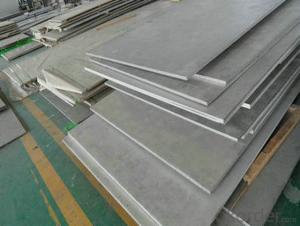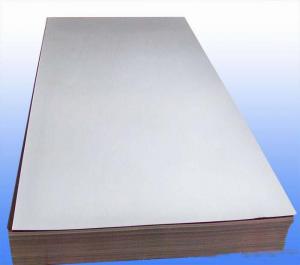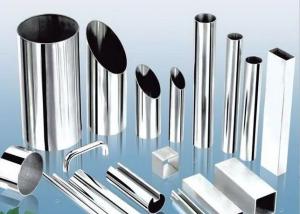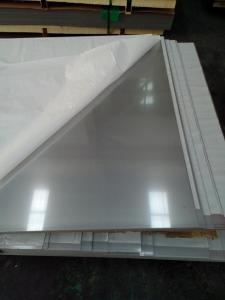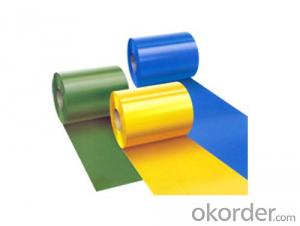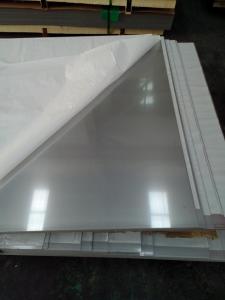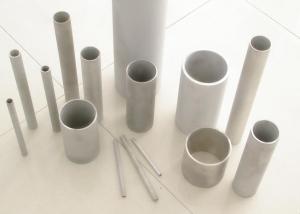Stainless Steel Sheet Price Stocks Warehouse
- Loading Port:
- Shanghai
- Payment Terms:
- TT or LC
- Min Order Qty:
- 2 kg
- Supply Capability:
- 2000 kg/month
OKorder Service Pledge
OKorder Financial Service
You Might Also Like
1.Structure of Product Description
Cold rolled aluminum sheet is widely used in the field of alumium sheet, aluminum plate, aluminium slab,etc
construction field and decoration field, etc.
There are many different grades, such as: 1000 series, 2000 series, 3000 series, 5052,5754,5083,6061,6063,8011, etc.
The temper is include H14, H22, H24, H112,H114,etc.
2. Main features of the product
a. Competitive price
b. Frist-Class Service.
c. Shortest service.
3. Image.
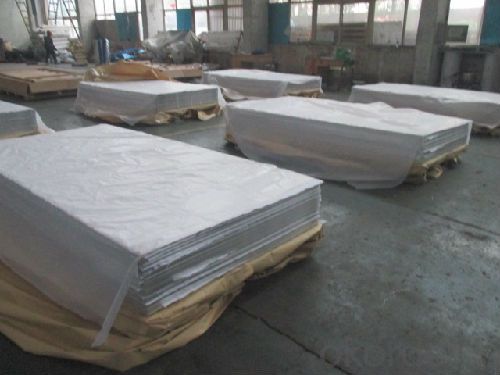
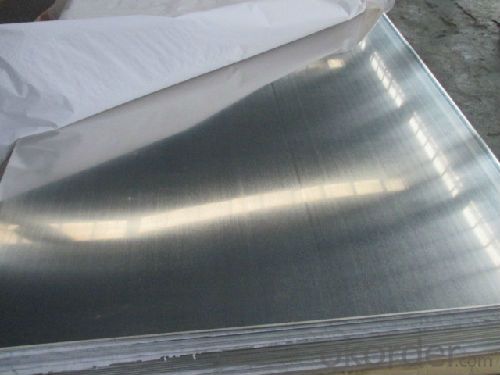
4. Product detailed sizes:
1000mm*2000mm, 300*300mm,400mm*400mm,
1219mm*2438mm,1220mm*2440mm,
1250mm*2500mm,1500mm*3000mm, etc.
5. FAQ:
What is the quality standard?
---Usually our standard is GB3880-2006 or others.
What is the width range?
---It is from 1000mm to 2500mm, etc.
---Normally it is around 9000 tons totally.
Where is your client from?
---Normally it is from Japan, USA, ENGLISH, SINGAPORE, ETC.
What is your mainly products?
---Normally they are aluminum sheet, checkered sheet,
checkered sheet with hot rolled and cold rolled sheet,
mirror finish aluminium sheet, aluminum casting coil, etc.
- Q: What is the difference between the stainless steel plate and the second board?
- The above points, is to distinguish between the material and the main difference between calendering, the most commonly used is that the card thickness and surface conditions can basically be distinguished
- Q: Are stainless steel sheets suitable for elevator handrails?
- Yes, stainless steel sheets are suitable for elevator handrails due to their durability, corrosion resistance, and aesthetic appeal. They can withstand frequent use, provide a hygienic surface, and require minimal maintenance, making them an ideal choice for elevator handrails.
- Q: Are stainless steel sheets resistant to galvanic corrosion?
- Indeed, galvanic corrosion can be prevented by using stainless steel sheets. When dissimilar metals encounter each other in the presence of an electrolyte like moisture or saltwater, galvanic corrosion ensues. The process involves one metal acting as an anode and the other as a cathode, resulting in the transfer of electrons and corrosion of the anode. Stainless steel, an alloy that incorporates chromium, possesses a passive oxide layer on its surface. This layer serves as a protective shield, impeding the transfer of electrons and effectively combatting galvanic corrosion. The chromium in stainless steel reacts with oxygen in the atmosphere, generating a thin, invisible, and self-rejuvenating layer of chromium oxide. This exceptional layer provides outstanding corrosion resistance, rendering stainless steel highly resistant to galvanic corrosion when combined with other metals. Nevertheless, it is worth noting that the level of corrosion resistance can vary depending on the specific grade and composition of stainless steel employed. Some stainless steel alloys, such as Type 316 stainless steel, offer even greater resistance to galvanic corrosion due to the inclusion of molybdenum, which bolsters its corrosion resistance in aggressive environments. In conclusion, stainless steel sheets typically exhibit remarkable resistance to galvanic corrosion due to the presence of a passive chromium oxide layer on their surface. This makes stainless steel an excellent choice for applications where galvanic corrosion poses a concern, such as marine environments or when in contact with dissimilar metals.
- Q: How do you remove rust or corrosion from stainless steel sheets?
- In order to eliminate rust or corrosion from stainless steel sheets, the following steps can be followed: 1. Initiate the process by cleansing the surface of the stainless steel sheet using a mild detergent and warm water. This will eradicate any dirt or grease that may potentially impede the rust removal procedure. 2. Subsequently, ensure the sheet is thoroughly dried to prevent any further water damage and to guarantee the effectiveness of the rust removal process. 3. Proceed by utilizing a non-abrasive scrubbing pad or a soft cloth to apply a stainless steel cleaner or a homemade solution comprising equal parts vinegar and water. Gently rub the affected area in the direction of the grain of the stainless steel. 4. If the rust or corrosion persists, experiment with a paste formed from baking soda and water or a mixture of cream of tartar and water. Apply this paste to the affected region and allow it to sit for approximately 15 minutes. Then, delicately scrub the area with a soft cloth or a non-abrasive scrubbing pad. 5. If the aforementioned methods do not completely eliminate the rust or corrosion, consider using a commercial rust remover specifically formulated for stainless steel. Make sure to adhere to the manufacturer's instructions and adopt suitable safety precautions. 6. Once the rust or corrosion has been eradicated, rinse the stainless steel sheet thoroughly with clean water and completely dry it to prevent any water spots or further damage. 7. To prevent future rust or corrosion, it is advisable to regularly clean and maintain stainless steel surfaces using non-abrasive cleaners and avoiding harsh chemicals or abrasive materials. Always remember to conduct a test of any cleaning solution or rust remover on a small and inconspicuous area of the stainless steel sheet prior to applying it to the entire surface, to ensure it does not cause any damage or discoloration.
- Q: Can stainless steel sheets be used for water treatment equipment?
- Yes, stainless steel sheets can be used for water treatment equipment. Stainless steel is highly resistant to corrosion and oxidation, making it an ideal material for water treatment applications. It is commonly used for tanks, pipes, valves, and other components in water treatment systems. Stainless steel's durability and hygienic properties make it suitable for handling various types of water, including drinking water, wastewater, and industrial process water. Additionally, stainless steel is easy to clean and maintain, ensuring the longevity and efficiency of water treatment equipment.
- Q: What are the benefits of using perforated stainless steel sheets in ventilation systems?
- Perforated stainless steel sheets bring several advantages to ventilation systems. Firstly, they ensure optimal airflow and ventilation. The small holes in the sheets allow for the unrestricted movement of air, all while maintaining their structural integrity. This guarantees efficient and effective ventilation in any space. Moreover, perforated stainless steel sheets possess remarkable durability and resistance to corrosion. Stainless steel is renowned for its strength and long lifespan, making it an ideal material for ventilation systems. The holes in the sheets do not compromise their structural integrity, enabling them to withstand harsh environmental conditions and retain their functionality for an extended period of time. Additionally, perforated stainless steel sheets provide an aesthetically pleasing appearance. The perforations can be designed in various patterns and shapes, enhancing the visual appeal of the ventilation system. This is particularly advantageous in commercial or industrial settings where the ventilation system is exposed and visible. Furthermore, maintenance and cleaning of perforated stainless steel sheets are effortless. The smooth surface of stainless steel allows for easy removal of dust, dirt, and other contaminants, ensuring a high level of cleanliness in the ventilation system. This is crucial for maintaining good air quality and preventing the accumulation of pollutants. Lastly, perforated stainless steel sheets also serve as a form of security and protection. The small holes in the sheets prevent unwanted objects, such as insects or debris, from entering the ventilation system. This safeguards the integrity and functionality of the system while ensuring the safety and well-being of the occupants. In conclusion, the use of perforated stainless steel sheets in ventilation systems offers numerous benefits, including exceptional airflow, durability, corrosion resistance, aesthetic appeal, ease of maintenance, and added security. These advantages have made perforated stainless steel sheets a popular choice for ventilation systems in various applications.
- Q: How do you remove fingerprints from stainless steel sheets?
- To remove fingerprints from stainless steel sheets, you can start by using a microfiber cloth or a soft cloth dampened with warm water and mild dish soap to gently wipe the surface. Then, rinse the cloth and wipe away any soap residue. If the fingerprints persist, you can try using a mixture of vinegar and water or rubbing alcohol on the cloth to further clean the stainless steel. Finally, make sure to dry the sheets thoroughly with a clean cloth to prevent water spots.
- Q: Can stainless steel sheets be used for cryogenic applications?
- Indeed, cryogenic applications can utilize stainless steel sheets. Stainless steel boasts remarkable mechanical properties, corrosion resistance, and low thermal conductivity, rendering it fitting for cryogenic settings. It endures frigid temperatures without succumbing to brittleness or weakening. Frequently, stainless steel sheets find employment in cryogenic applications like storage tanks, piping systems, and cryogenic equipment. Nevertheless, it is crucial to select the proper grade of stainless steel, specifically intended for cryogenic applications, to guarantee utmost performance and durability.
- Q: Can stainless steel sheets be used for aerospace fasteners?
- Yes, stainless steel sheets can be used for aerospace fasteners. Stainless steel is a popular choice for aerospace applications due to its excellent corrosion resistance, high strength, and durability. It can withstand extreme temperatures and environments, making it suitable for use in aircraft components that are exposed to challenging conditions. Stainless steel sheets can be fabricated into various shapes and sizes to serve as fasteners such as screws, bolts, and rivets, providing a reliable and secure connection in aerospace structures. Additionally, stainless steel's non-magnetic properties are advantageous for certain aerospace applications where magnetic interference needs to be minimized. Overall, stainless steel sheets are a reliable and widely used material for aerospace fasteners.
- Q: Can stainless steel sheets be painted?
- Painting stainless steel sheets is indeed possible. However, it is crucial to adequately prepare the surface beforehand to ensure the paint adheres well and maintains its quality over time. Thoroughly cleaning and degreasing the stainless steel surface is essential, along with removing any existing rust or oxidation. To facilitate adhesion, it is advisable to use a primer specifically designed for metal surfaces, followed by a high-quality paint suitable for metal. Additionally, applying a clear coat or sealer is recommended to protect the paint finish. It is important to note that regular upkeep may be necessary to preserve the appearance of the painted stainless steel sheets, as the paint may chip or wear with time.
Send your message to us
Stainless Steel Sheet Price Stocks Warehouse
- Loading Port:
- Shanghai
- Payment Terms:
- TT or LC
- Min Order Qty:
- 2 kg
- Supply Capability:
- 2000 kg/month
OKorder Service Pledge
OKorder Financial Service
Similar products
Hot products
Hot Searches
Related keywords
